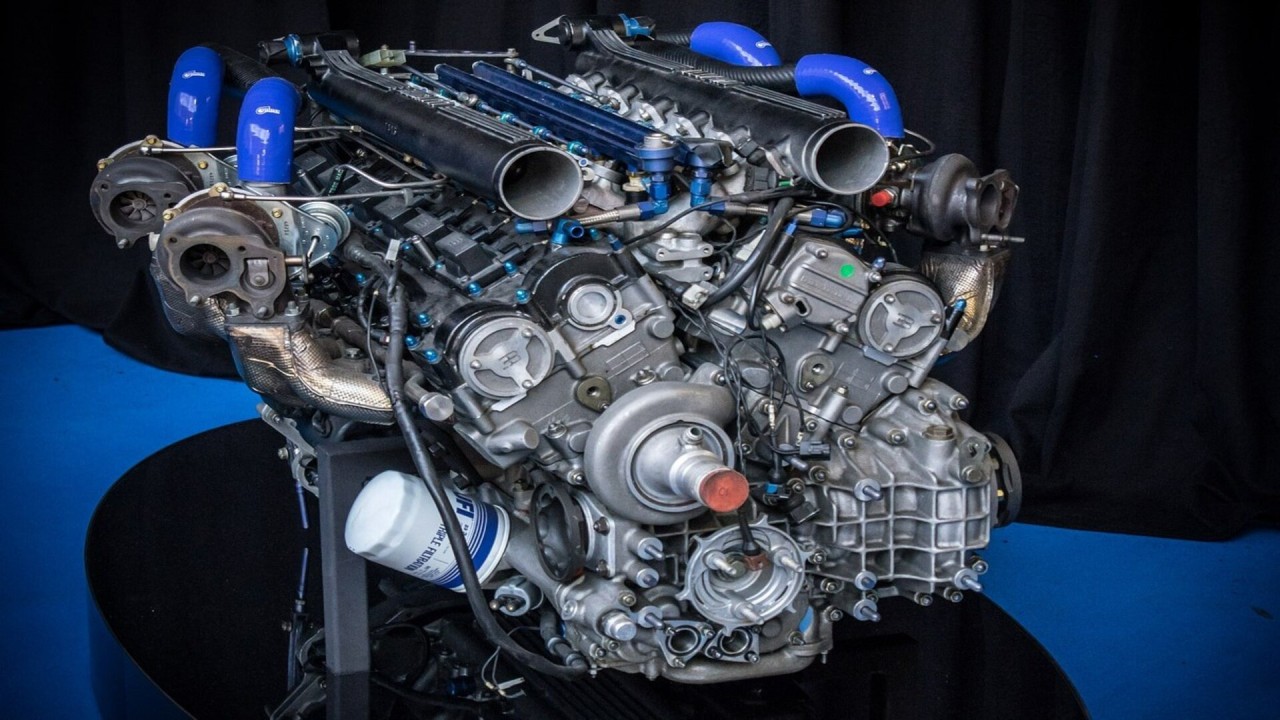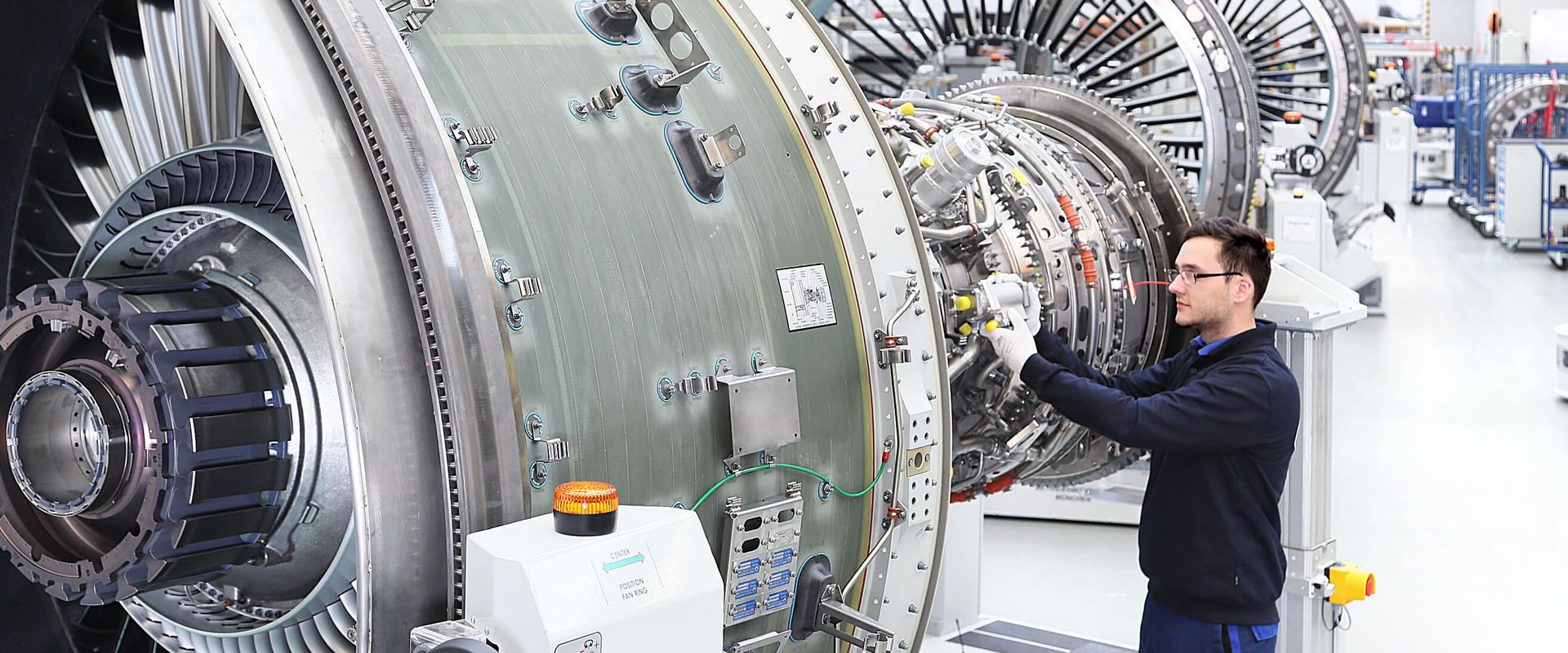Discover Resilient and Effective Products from Engines For Africa
Discover Resilient and Effective Products from Engines For Africa
Blog Article
Check Out a Vast Array of Engines for every single Automobile and Function
The automobile landscape is progressively complex, with a varied range of engine kinds created to meet details efficiency and efficiency needs throughout various car groups. From the high-performance engines that power sports cars and trucks to the fuel-efficient alternatives tailored for daily commuting, the selections are huge and differed. In addition, durable engines serve the needs of work automobiles, while environment-friendly choices are obtaining grip in the pursuit of sustainable transportation. Recognizing these differences is essential for making informed choices, particularly as emerging technologies remain to shape the future of auto design. What effects might these innovations hold for makers and consumers alike?
Kinds Of Automotive Engines
Automotive engines can be classified into several distinctive types, each designed to fulfill certain performance and efficiency needs. The most usual groups include internal combustion engines, electric engines, and hybrid systems.

Electric engines, on the other hand, operate on electrical power stored in batteries, supplying instantaneous torque and zero discharges. These engines are becoming significantly preferred because of developments in battery technology and the growing focus on sustainability.
Hybrid systems combine both interior burning and electrical engines, making it possible for cars to optimize fuel efficiency and decrease discharges by effortlessly switching in between source of power. Each engine kind provides its advantages and drawbacks, affecting elements such as car layout, intended use, and market need. Comprehending these distinctions is crucial for makers and customers alike when picking the appropriate engine for their details demands.
Efficiency Engines for Sports Cars
Performance engines for sports automobiles are particularly engineered to supply boosted speed, power, and dexterity, setting them apart from basic vehicle engines. These engines typically make use of sophisticated innovations such as turbocharging, supercharging, and variable shutoff timing to make the most of effectiveness and responsiveness.
Normally, performance engines are designed with higher compression proportions, which permit higher energy extraction from fuel. This causes impressive horse power and torque figures, enabling rapid velocity and higher full throttle. The light-weight materials made use of in these engines, such as light weight aluminum and carbon fiber, add to lowered overall car weight, enhancing handling and maneuverability.
Engine setups like V6, V8, and also hybrid systems prevail in performance cars, each offering unique advantages in regards to power delivery and driving dynamics. The tuning of these engines is likewise crucial; many makers maximize the engine monitoring systems to give a thrilling driving experience, commonly consisting of sport modes that change throttle response and equipment changes.
Efficient Engines for Daily Commuters
In the world of everyday travelling, efficient engines play an essential function in optimizing gas economy and decreasing exhausts while supplying trusted efficiency. As urban populaces expand and environmental issues heighten, the need for vehicles outfitted with reliable powertrains has risen.
Modern engines created for everyday commuters typically incorporate innovations such as turbocharging, straight fuel injection, and hybrid systems. Turbocharging improves engine effectiveness by compeling more air right into the burning chamber, enabling smaller, lighter engines that do not endanger power outcome. Direct fuel injection boosts gas atomization, leading to better combustion and increased efficiency.
Hybrid engines, incorporating interior burning with electrical power, pop over to this web-site additional augment fuel economy, specifically in stop-and-go traffic, where conventional engines can suffer from inadequacies. Electric electric motors assist throughout acceleration and can operate independently at reduced speeds, lowering general gas consumption.
Moreover, developments in engine monitoring systems and lightweight materials contribute substantially to effective engine layout. By focusing on performance, longevity, and environmental sustainability, makers proceed to provide engines that not just fulfill the needs of day-to-day travelling however additionally straighten with international efforts to lower carbon footprints.
Heavy-Duty Engines for Work Cars
Durable engines for job cars are consistently crafted to provide exceptional torque and integrity under demanding problems. These engines are created to do in settings where typical engines might fail, such as building websites, logging operations, and agricultural settings. The primary focus of durable engines is their capability to generate high levels of power while preserving sturdiness over prolonged periods of procedure.
Generally, durable engines make use of innovative materials and durable building methods to endure the rigors of hefty work. Attributes such as reinforced cyndrical tube blocks, boosted air conditioning systems, and advanced gas shot modern technologies contribute to their performance. These engines usually run at reduced RPMs, which aids to maximize fuel performance while supplying the necessary power for towing and hauling.
In enhancement to mechanical robustness, durable engines are frequently furnished with innovative digital control devices (ECUs) that manage performance, discharges, and diagnostics. This assimilation enables for far better surveillance and maintenance, making sure that work vehicles continue to be functional and efficient.
Inevitably, heavy-duty engines are an important part in the efficiency of various sectors, offering the needed power and integrity to take on the toughest of tasks.
Eco-Friendly Engine Options
The growing emphasis on sustainability has resulted in the development of environment-friendly engine options that prioritize minimized emissions and improved gas efficiency. These engines are developed to lessen the ecological influence of cars while still providing the efficiency and reliability expected by customers.
Amongst the most significant environmentally friendly alternatives are hybrid and electric engines. Crossbreed engines combine traditional inner burning engines with electrical propulsion, allowing More Help for reduced gas usage and lower greenhouse gas emissions. Electric engines, on the various other hand, run entirely on battery power, generating absolutely no tailpipe emissions and adding to cleaner air top quality.
One more appealing growth is the development of biofuel engines, which use renewable energies, such as plant materials, to power cars (Engines For Africa). By utilizing biofuels, these engines can minimize dependence on fossil gas and reduced total carbon footprints

As Engines For Africa the vehicle industry progresses, eco-friendly engine options will certainly play a vital function in driving the shift towards even more sustainable transportation options.
Conclusion
From high-performance engines that enhance sporting activities cars and truck capabilities to efficient designs prioritizing gas economy for everyday travelers, each type serves a specific function. Sturdy engines provide to durable work lorries, while environment-friendly options, such as electric and biofuel engines, promote sustainable transportation.

Report this page